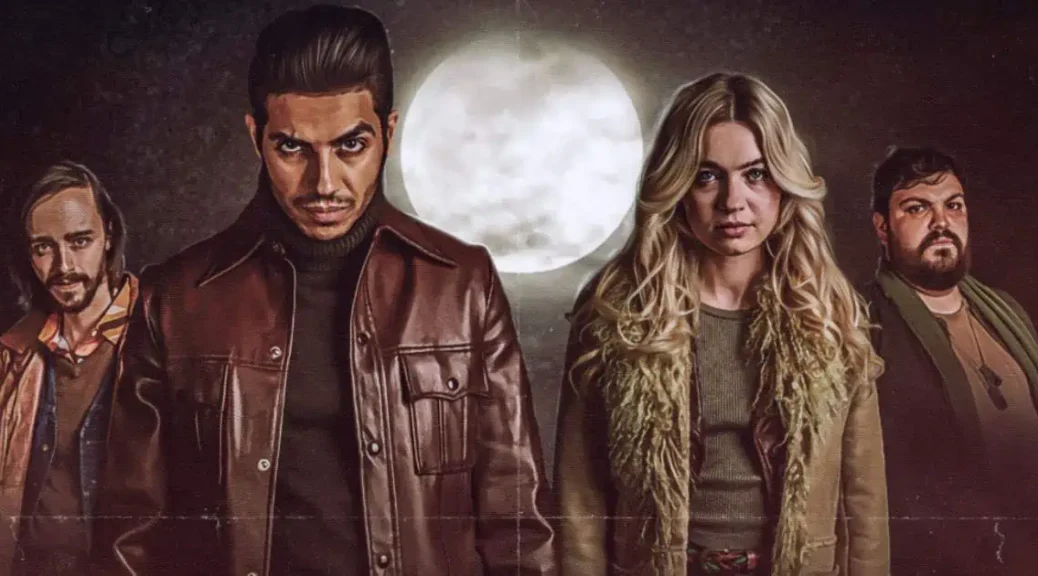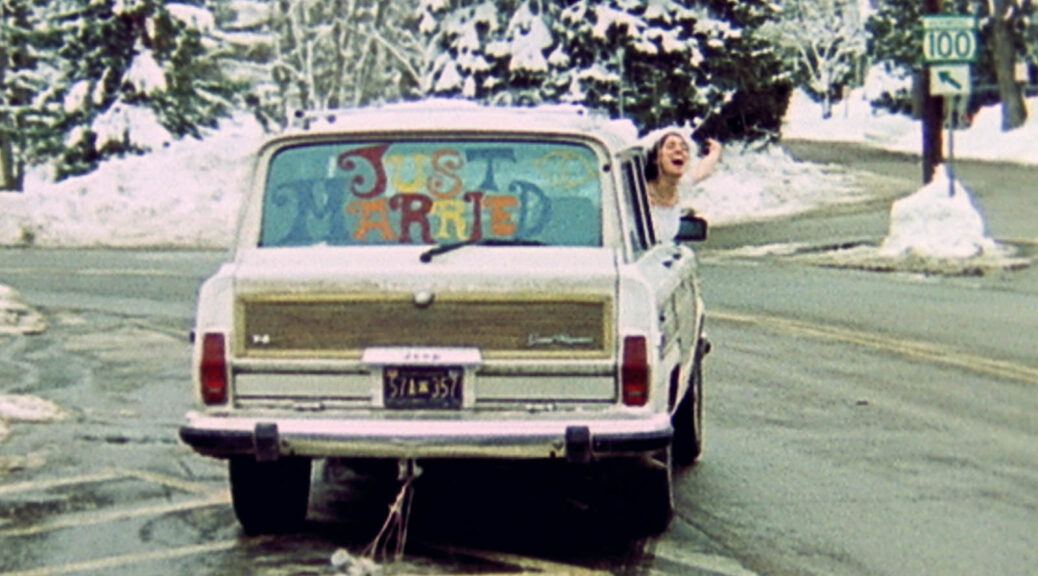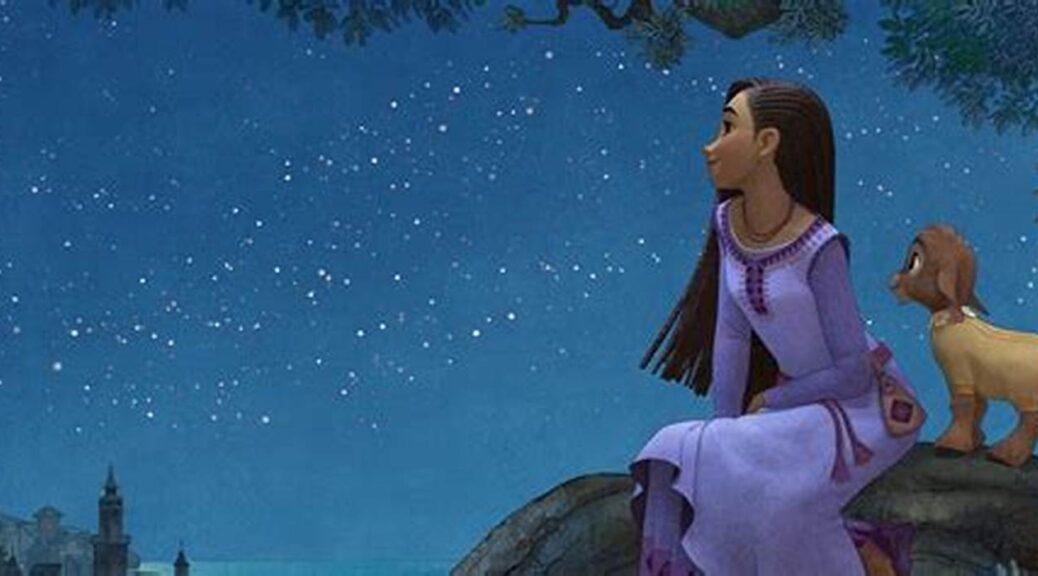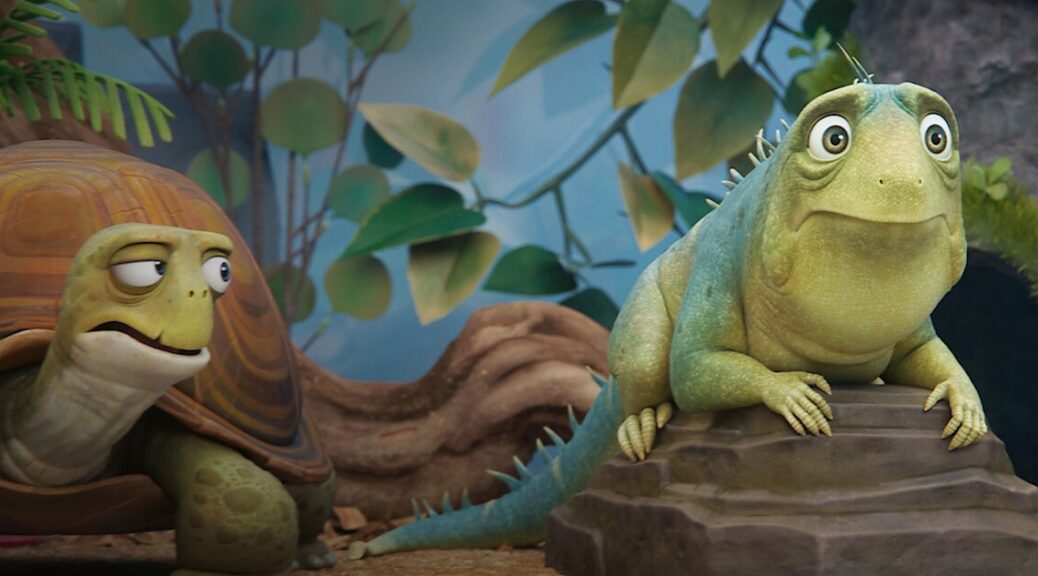The Boy and the Heron
by Hope Madden
Remember when Hayao Miyazaki said he was retiring from filmmaking? And we thought the sublime The Wind Rises was his last feature? Well, the animation master delivers the best Christmas gift this year with the lovely, likely swan song, The Boy and the Heron.
More meditative than his early work, but more whimsical than The Wind Rises, Miyazaki’s latest follows Mahito through a turbulent time in his life. WWII rages, and Mahito recently lost his mother. His father, who runs a factory aiding in the war effort, relocates to the countryside where he’s married his late wife’s younger sister, Natsuko.
This new house brings with it something of the supernatural. Miyazaki taps some of the same wonderous ideas that fed Spirited Away and My Neighbor Totoro – two of his most beloved films – but The Boy and the Heron feels more like a farewell than an invitation.
Mahito is lured into an upside-down world in search of his stepmother. No one, absolutely no one, does an upside-down world as well as Hayao Miyazaki. Floating happy faced blobs, an army of hungry parakeets, even a pirate!
Characteristically gorgeous, the film combines the spectacle of Spirited Away with the solemnity of The Wind Rises. Joe Hisaishi’s plaintive score never overwhelms but quietly emphasizes the sense of loss that permeates the movie. And though the painterly magic we’ve come to expect from the unparalleled filmmaker is on display in every frame, the storytelling this time is openly wistful.
The Boy and the Heron may represent Mahito’s coming of age, but as he turns his back on the imaginative world he leaves behind, it’s hard not to feel as if Miyazaki is likewise waving goodbye.
Like Johnny Cash’s “American IV: The Man Comes Around”, Leonard Cohen’s “You Want It Darker” and David Bowie’s “Blackstar”, The Boy and the Heron represents an artist without peer delivering, lyric by lyric, an outright goodbye to all he’s built in his lifetime of artistry.














